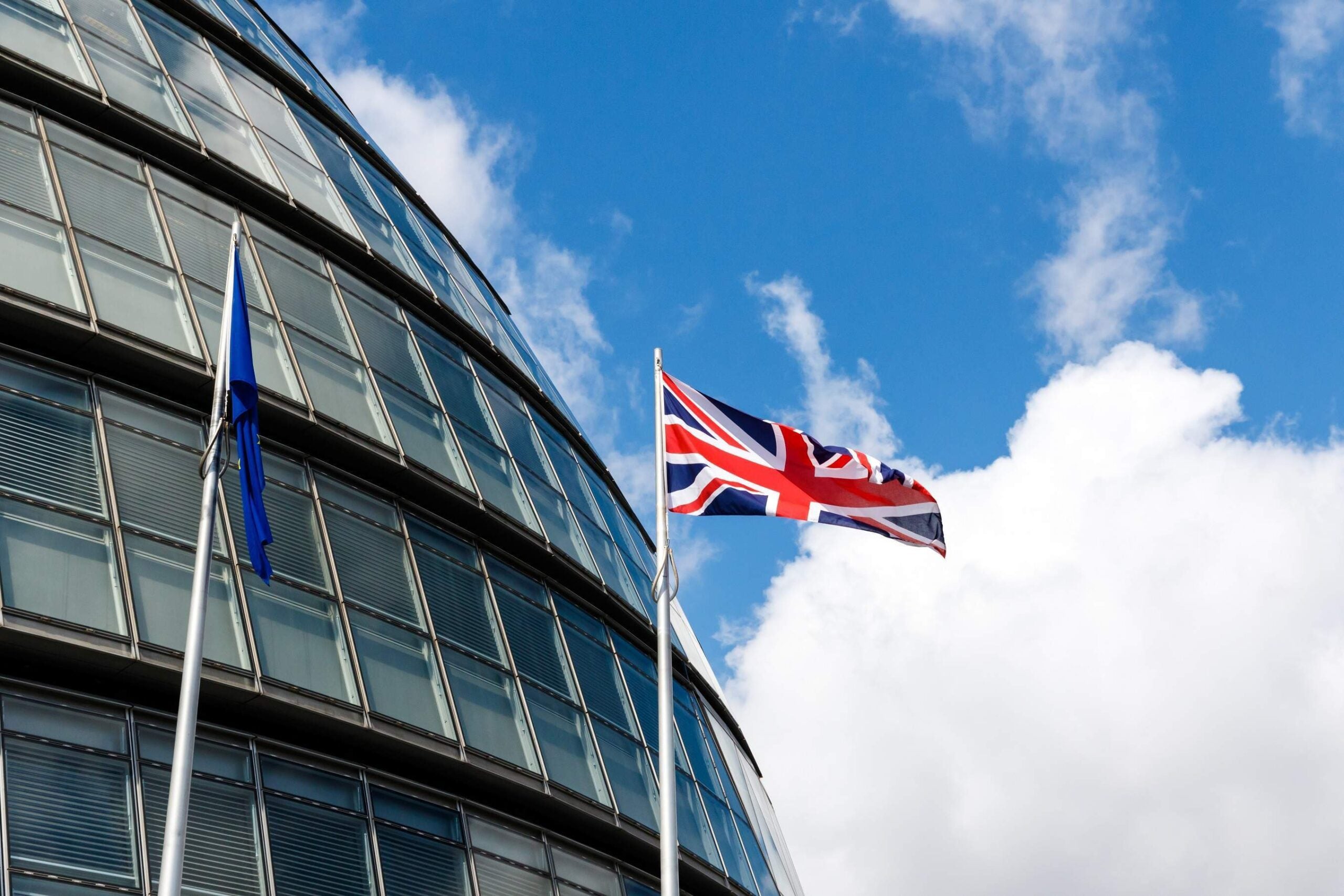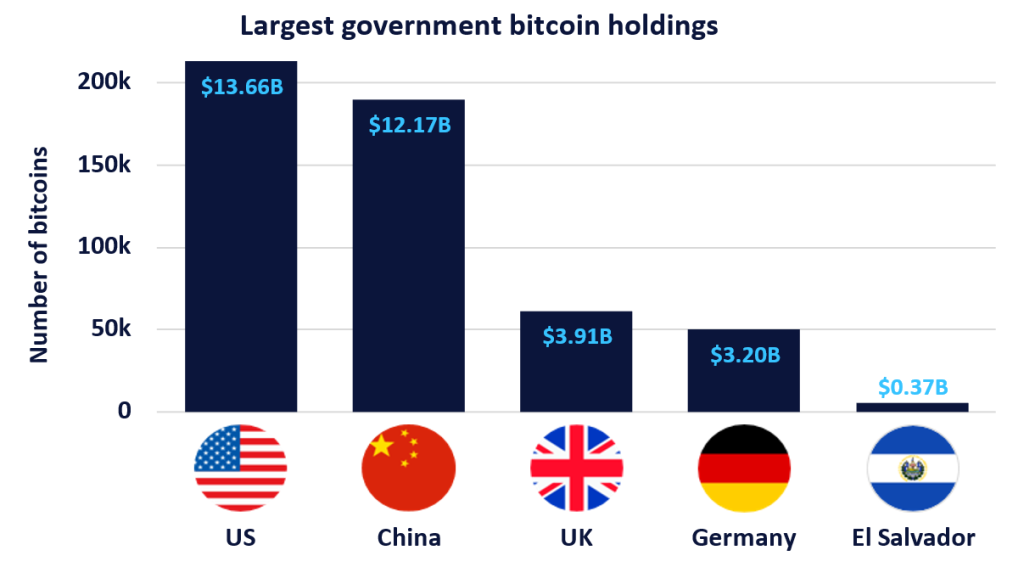
UK prime minister Theresa May is celebrating her leadership anniversary with the release of the Brexit Repeal bill, formally known as the European Union (Withdrawal) bill.
The Repeal bill is the central part of the UK government’s plans to withdraw the country from the EU by 2019. It will provide the mechanism to turn EU law into UK law and repeal the 1972 European Communities Act that made Britain a member of the union.
The secretary for exiting the European Union, David Davis, said in a statement:
It is one of the most significant pieces of legislation that has ever passed through Parliament and is a major milestone in the process of our withdrawal from the European Union.
He has also said he will “work with anyone” to make the bill a success, but that will be easier said than done.
Labour has criticised the bill, saying there is not enough accountability over the sweeping powers ministers will give themselves to alter legislation. Chairman of the Brexit select committee, Labour MP Hilary Benn, told BBC Radio 4’s Today programme:
How well do you really know your competitors?
Access the most comprehensive Company Profiles on the market, powered by GlobalData. Save hours of research. Gain competitive edge.

Thank you!
Your download email will arrive shortly
Not ready to buy yet? Download a free sample
We are confident about the unique quality of our Company Profiles. However, we want you to make the most beneficial decision for your business, so we offer a free sample that you can download by submitting the below form
By GlobalDataThere are real and serious concerns about the way in which this is done. The government needs to understand that parliament is going to be an active participant in this process.
No formal debate of the bill is expected today, as this will happen when Parliament resumes in September. However, it will be examined closely by lawmakers to see how the UK plans to convert EU law into UK law over the next 18 or so months.
There are concerns in particular that the short time frame means that opposition parties in the Commons will not be able to fully partake in the bill making procedure.
Read more: Happy Brexit Day! Is the UK really going to leave the EU?
The Repeal bill isn’t the only document being published today. The government is also set to publish three position papers for exit negotiations.
The first one will cover nuclear materials and safeguard issues, a hugely contentious issue at the moment.
The cross-party business, energy and industrial strategy committee has been critical of the government’s decision to leave the European Atomic Energy Community (Euratom), the union’s nuclear safety regulator.
The other two papers will be regarding ongoing judicial and administrative proceedings, and privileges and immunities.
These papers will be presented to the European Commission next week, at the start of the second round of formal exit negotiations in Brussels.
What about the other Brexit bills?
In the Queen’s speech at the opening of parliament after the general election, eight different Brexit bills were announced alongside the Repeal bill. No publication dates have been set for the other seven bills, so here’s what we know so far.
1. Customs union bill
This bill wants to make sure the UK has a standalone customs regime one it is out of the EU so the country can negotiate its own future trade agreements. This will also bring in a separate British VAT.
2. Trade bill
This will enshrine the UK’s own legal framework to operate an independent trade policy into law.
3. Immigration bill
The immigration bill intends to repeal the EU’s freedom of movement. It will allow the UK government to control the number of people moving to the UK from the union. As well, it will make the migration of EU nationals and their families subject to UK law.
4. Nuclear safeguards bill
The policy paper discussed above is the first step of the nuclear safeguards bill. This will make up for taking the UK out of Euratom after Brexit.
5. Agriculture bill
The agriculture bill wants to provide stability for farmers and protect the natural environment after Brexit.
6. Fisheries bill
This will allow the UK to set its own fishing quotes after Brexit.
7. International sanctions bill
The final of the eight bills, this will allow the UK to implement a new sovereign framework for sanctions on a multilateral or unilateral basis.







